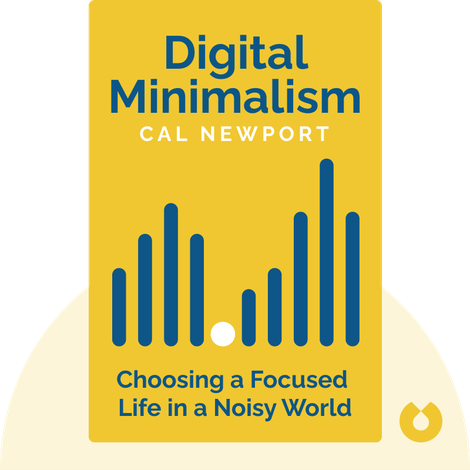Digital Minimalism Tips for Focus: Your Guide to Boosting Productivity in 2025
Digital Minimalism Tips for Focus: Enhance Your Productivity in 2025
Estimated reading time: 8 minutes
Key Takeaways
Regain focus with practical steps to reduce digital clutter.
Boost productivity by leveraging non-digital strategies in daily life.
Enhance personal growth through structured routines and distraction-free spaces.
Table of Contents
Introduction
Overview of Digital Minimalism
Detailed Exploration of Keywords
In-Depth Analysis and Practical Insights
How to Apply the Information
Addressing Common Questions and Concerns
Conclusion
Introduction
In a world filled with endless notifications, open tabs, and competing attention grabbers, regaining focus has become more challenging than ever.
Digital minimalism offers a clear, practical pathway to take back control of your attention. By reducing digital clutter, you not only sharpen your focus but also boost productivity and foster deeper personal growth. This guide breaks down actionable strategies you can start applying today to thrive in 2025’s hyperconnected world.
Overview of Digital Minimalism
Digital minimalism is about intentional technology use—focusing on what adds value and eliminating what doesn’t.
Instead of relying on apps to fix digital distraction, the approach encourages:
Limiting unnecessary screen time
Creating tech-free spaces and moments
Replacing passive scrolling with active engagement
It’s not about rejecting technology but using it consciously. For deeper personal development strategies, see Mindset Shifts for Personal Development.
Detailed Exploration of Keywords
1. Digital Minimalism Tips for Focus Checklist
Use a structured checklist to reduce noise and align digital use with what truly matters.
2. Beginners’ Strategy
If you’re new to this approach, start small:
Set dedicated digital windows during the day.
Keep one device-free hour before bed.
Turn off non-essential notifications.
See more at Mindset Shifts for Personal Development.
3. Digital Minimalism Tips for Focus Template
A daily or weekly template can help track digital habits, highlight distractions, and support intentional adjustments.
In-Depth Analysis and Practical Insights
Why It Works
Reduced digital noise = increased mental clarity
Tech-free zones at home encourage better presence with family and personal projects.
Shifting from passive consumption to active engagement builds focus and resilience.
This minimalism isn’t about restriction—it’s about reclaiming control over your time.
See Mindset Shifts for Personal Development for additional strategies.
How to Apply the Information
Start with scheduled breaks from screens throughout the day.
Use traditional tools (timers, notebooks, alarms) instead of apps for certain tasks.
Establish “no-phone” zones like the dinner table, bedroom, or morning routine.
Create a digital Sabbath once a week to reset your mental bandwidth.
Over time, these steps foster habits that prioritize your focus over your feed.
Addressing Common Questions and Concerns
Q: How do I start if I’m a complete beginner?
Begin by identifying one area of your digital life to declutter. Gradually add more as you adapt.
More guidance at Mindset Shifts for Personal Development.
Q: What if I struggle with consistency?
Start small and focus on one digital boundary at a time—such as turning off push notifications or scheduling social media checks.
Q: How can I apply this with children or family?
Introduce tech-free hours as a household rule.
Engage in offline activities together like board games, walks, or shared meals.
Model the digital behavior you want to encourage.
Conclusion
Digital minimalism is not about deprivation—it’s about focus.
By applying these strategies, you’ll not only boost your productivity but also rediscover time for meaningful activities and personal growth.
Call-to-Action:
Start by using the Digital Minimalism Tips for Focus Checklist.
Share your progress in the comments.
Explore additional personal development strategies through Mindset Shifts for Personal Development


